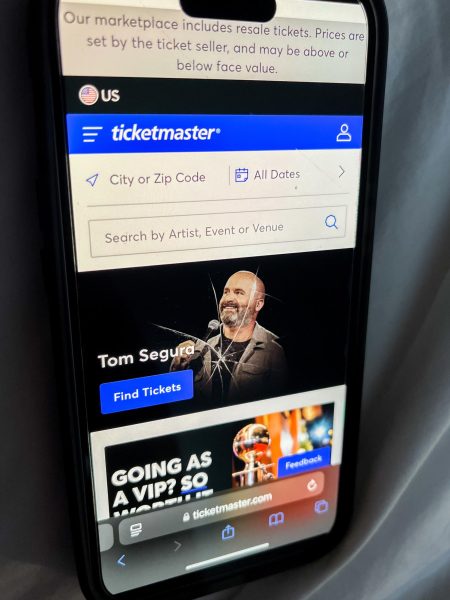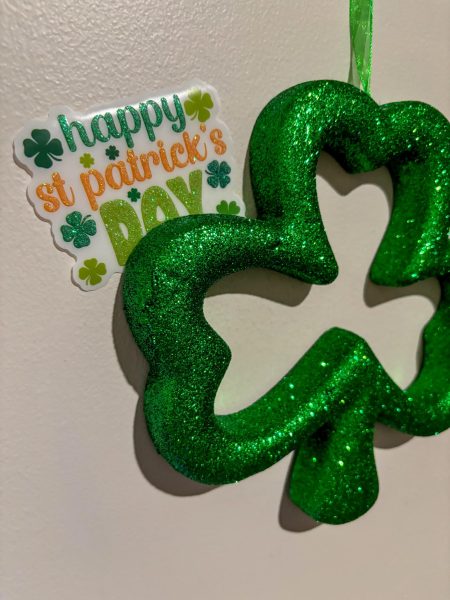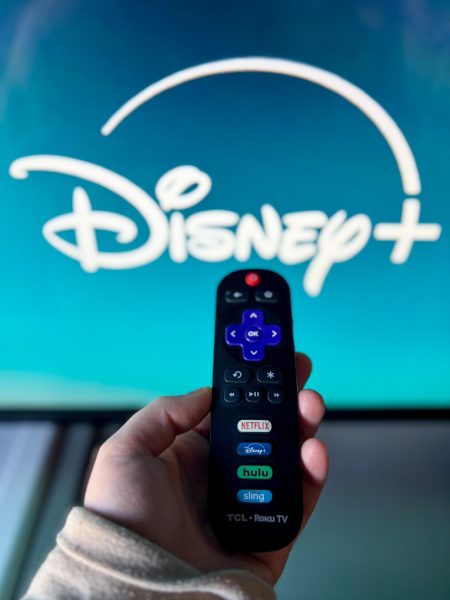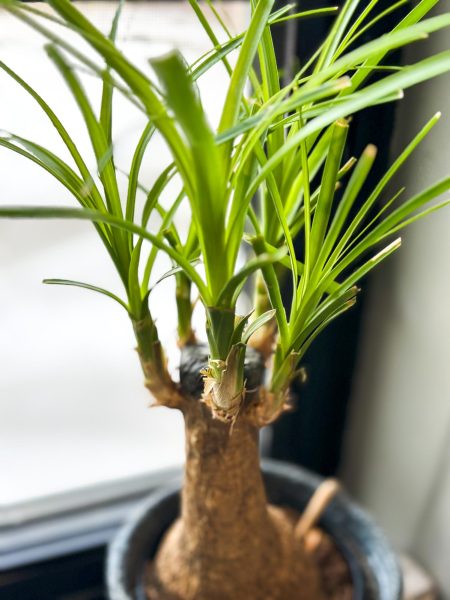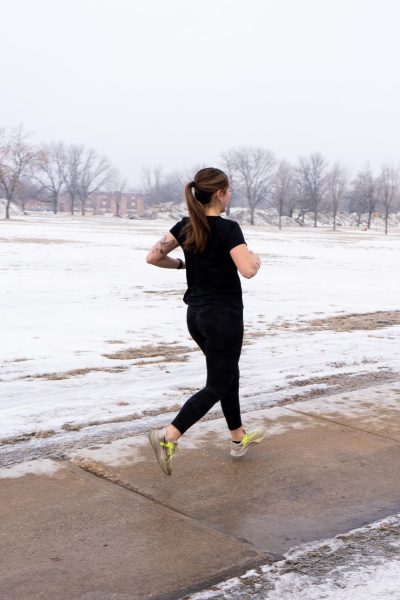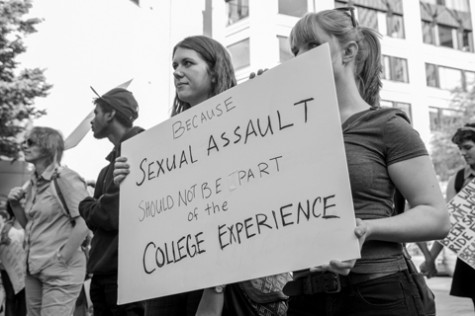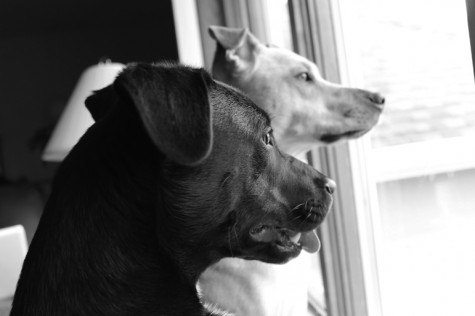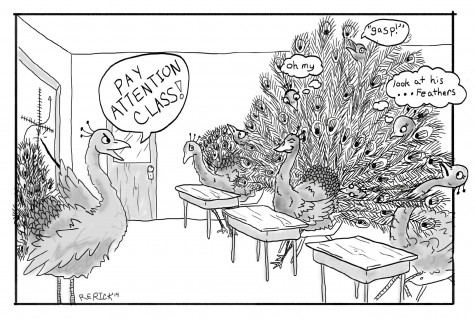Struggles of misogyny
Growing up, I might have been considered fairly tomboy-ish with my preference for boys clothes, catching bugs (I was dead set on being an entomologist) and strong defiance to wearing any sort of frilly, poofy dress. This is not to say I didn’t have a tub of Barbies or dolls — I was fairly split as far as gender specific toys and clothes.
To me, this wasn’t out of the ordinary. Plastic bugs drove around in my remote control cars just as my Barbies did. However, as I was growing older and watching more of the PG-13 shows and movies, I began having difficulties figuring out how to be like the girls I saw on the screen. Should I be wearing that instead? Should I act/not act like those girls? Where do I place myself in these media-made cliques?
A lot of those high school movies and TV shows often have the cliche love triangle of popular girl, who is often the antagonist, a boy (swoon), and the protagonist, a meek girl who the world just doesn’t understand. She is portrayed as awkward, unique, a wallflower, whereas the popular girl is pretty, brainless and arrogant. These two figures are pinned against one another for the attention of the boy, who has to choose.
This kind of plot work is the core to the phrase, “I’m not like other girls.” Media plays into the teenage female fantasy of wanting to be noticed, but warps it so that female peers are not supportive or friends, but rather competition or enemies. This can lead to even deeper perceptions like slut shaming, racism, homophobia even internalized misogyny.
One might think misogyny is only men hating women, when in reality, it can be women hating women. Perhaps not with the same emphasis as men, but enough to classify as such.
From growing up far from the stereotypical “popular” traits, I viewed myself as lesser than the girls who did, especially after watching so many of those teen romances (I’m a sucker for them). I still have issues with this today; it’s almost an immediate reaction of “oh”, which makes me take a step back and remind myself that I am not acquainted with this girl and she very well could be a good person. That engrained feeling of inadequacy and inferiority is still a huge problem I deal with.
This is only a light case in comparison to a broader spectrum. With Halloween quickly approaching, there will be sightings of Naughty Nurse, Sexy Cop, Foxy Firefighter, etc. This often can be a double edged sword for women — guys and girls alike, view costume as cute, but also view the girls wearing them as slutty, and heaven forbid you don’t have the “perfect” body — bring on the rude and degrading comments.
One of my favorite sayings that is going around right now is “You do you.” Having difficulty with stress? “You do you.” Worried about something? You do you. My friends and I say this daily, if not multiple times a day and even if it almost has a joking connotation, it really is a cool little motto.
Just because our fellow female peers are different in a vast variety of ways, that doesn’t mean that they are better or lesser than us. A girl going as Sexy Freddy Krueger is just “doing her.” Calling Sexy Freddy Krueger a slut or viewing her as lesser because of her personal choice is hateful and it’s an unfortunate, common issue amongst the female population. Didn’t we learn this in Mean Girls, ladies? Just like Ms. Norbury said, “… you all have got to stop calling each other sluts and whores. It just makes it okay for guys to call you sluts and whores.” Stand up for your fellow women and fiercely protect one another. We have enough issues with shaming and misogyny from the male front — standing together, nothing can hold us back.
Steph Gartner is a staff writer for The Dakota Student. She can be reached at stephanie.gartner@my.und.edu.


